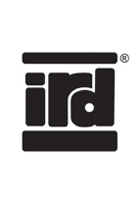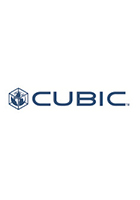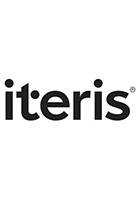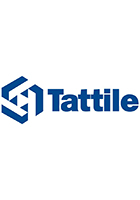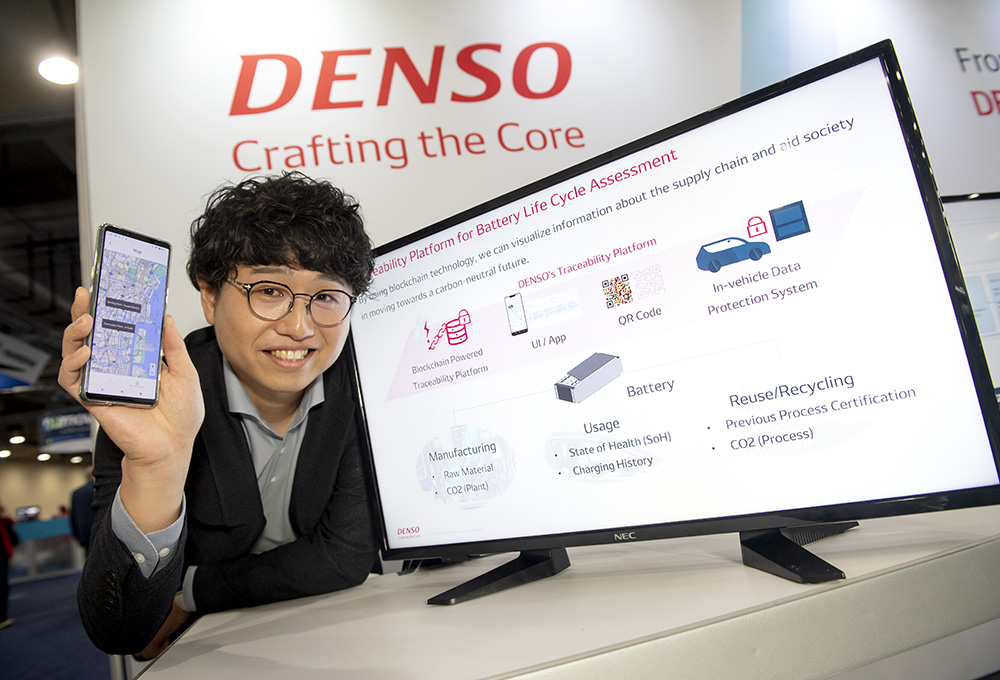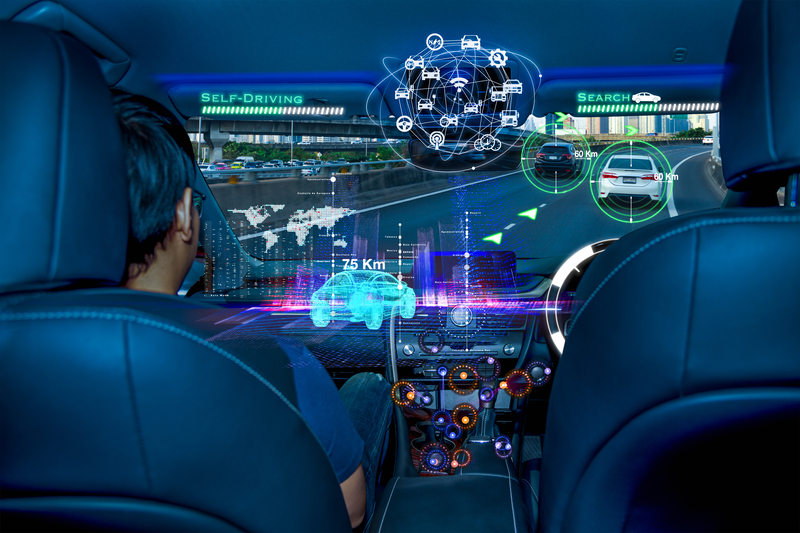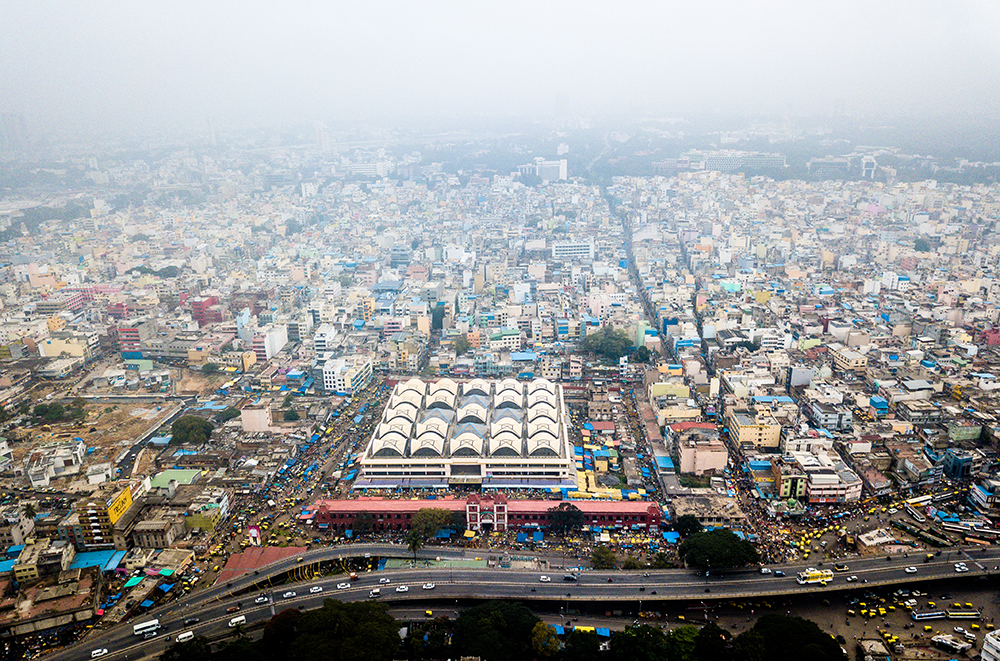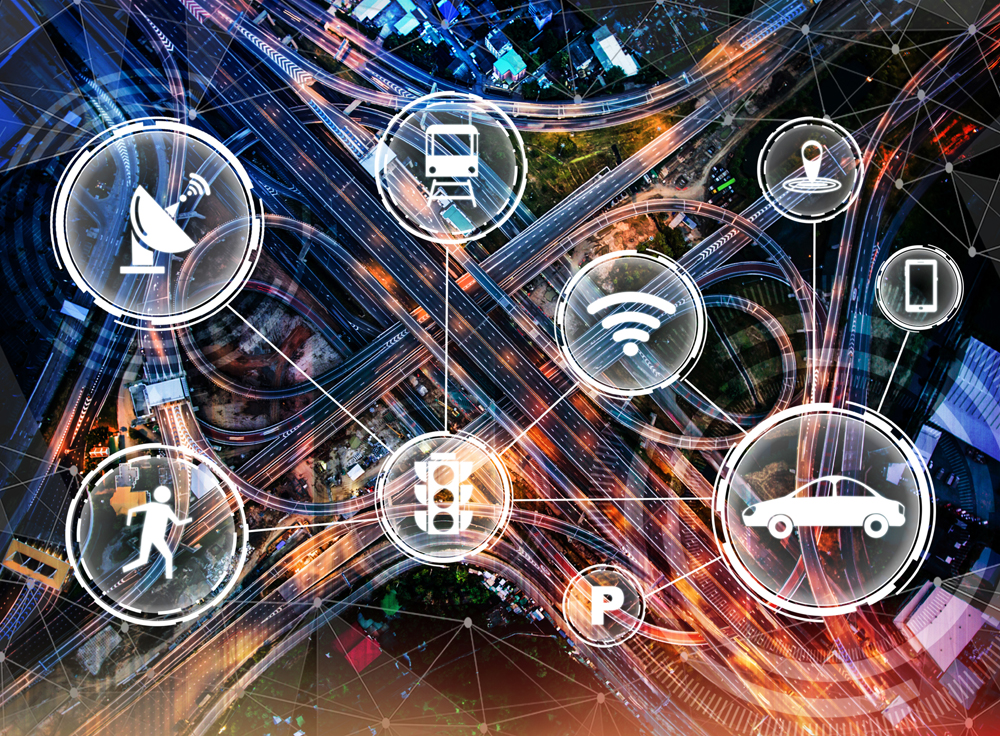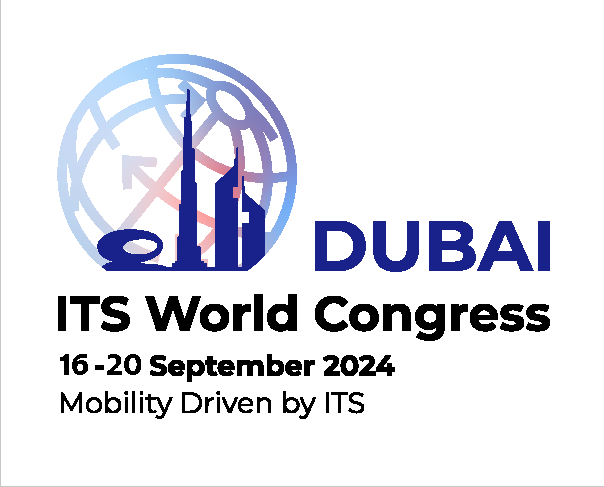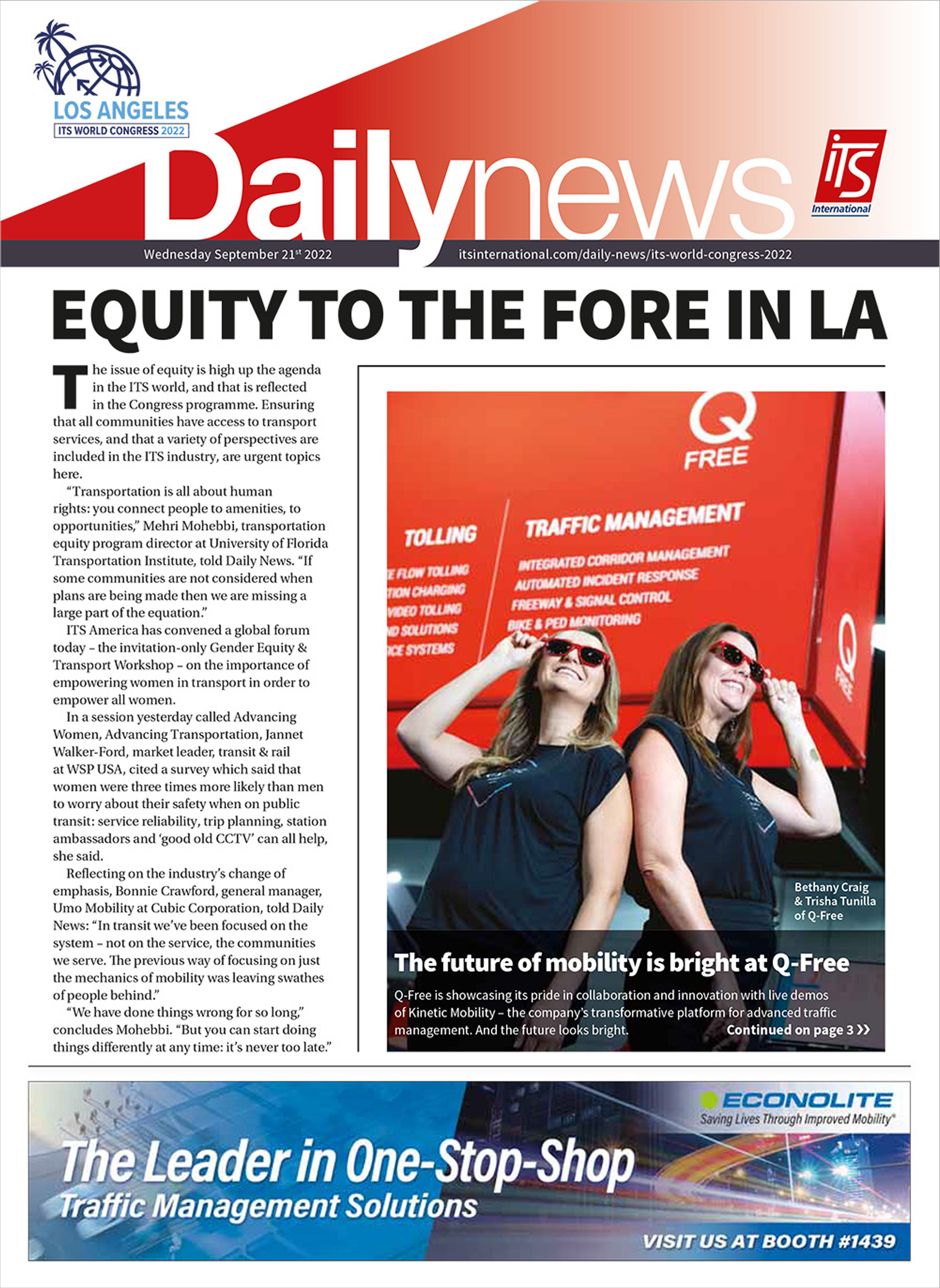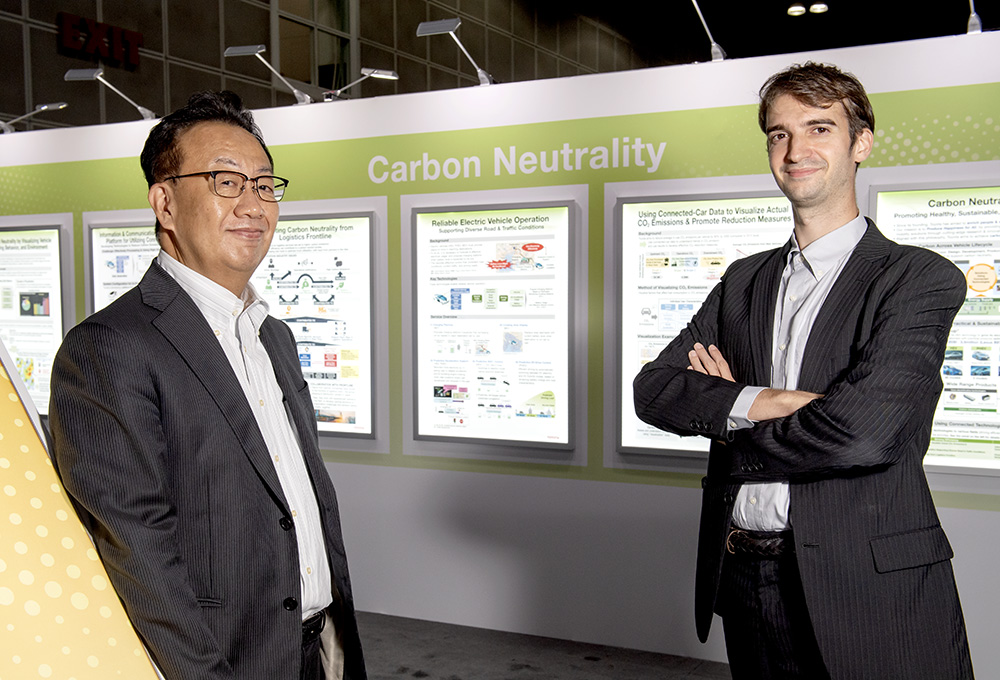
According to Masaho Suzuki, group manager, business strategy, Toyota will achieve its carbon neutrality goals by reducing carbon across the vehicle lifecycle, by providing a wide range of practical and sustainable products and by creating solutions using connected technologies. Toyota is working with a variety of partners – including Denso and Aisin, two other exhibitors at ITS World Congress – to meet these goals and broaden its impact on the environment. One of the company’s strategies will be to use connected vehicle data to track and visualise actual CO2 emissions and promote reduction measures. This includes better charge planning, deceleration support, predictive SOC control and automated switching between EV and HV modes based on remaining charge, predictive traffic and road conditions.
Getting a better handle on increased commercial traffic volume due to the explosion of delivery services and other logistics services is also a priority for Toyota. Jean Sebastien Boire, a manager with the company’s Mobility as a Service (MaaS) business unit, is working with Isuzu, Daihatsu and Suzuki to use vehicle data to improve vehicle capacity utilisation, optimise routes and take advantage of re-routing around incidents and congestion.
Working with frontline workers in shipping and distribution centres in Japan, Toyota and its partners are creating solutions to smooth out and resolve these logistics bottlenecks as a way to achieve its carbon neutrality goals.
Booth 803


